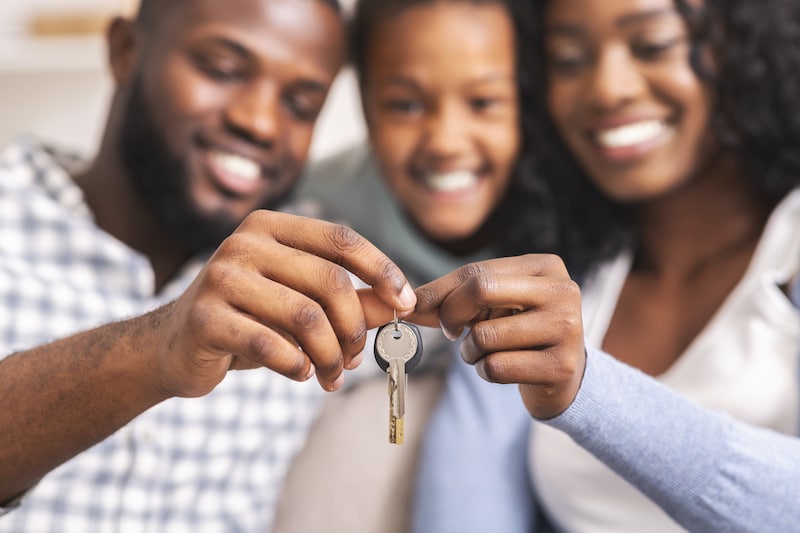
When I was in elementary school, my grandmother bought the house she would live in for the rest of her life. The first summer afterward, when we went to visit, she gave us a tour: a dresser exclusively for hats, an all-white living room that we were forbidden from entering, paper guest napkins that matched the green wallpaper in her en-suite bathroom. Her bed was so high, I had to push myself onto my forearms to get in.
Some of the last words I heard her speak, in that very house, were about how grateful she was that all of her children had homes. My grandmother had grown up on a sharecropping farm in Mississippi and she promised she would never return there. She also would never explain why, but undoubtedly it was because of the trauma that came with being a Black woman in the state deepest in the Deep South. The advice that she would give my sister, my cousins, and me often centered on upward mobility and independence: travel, try not to get saddled with too many responsibilities, and—the last piece I saved—own a home.
In 1970, the Reels brothers’ dying grandfather told them not to “let the white man get the house.” Their 65-acre North Carolina farm was inevitably “legally stolen” by developers and the pair spent eight years in jail for refusing to leave it—the longest sentence ever for such an offense. Fifty-some years later, one of the last Black farmers in rural Oklahoma started a GoFundMe campaign to save his family farm, after the COVID-19 pandemic put several members of his family in the hospital. It is telling that though Black Americans struggled to escape the farms they were born on because of seemingly unbreakable contracts that stretched through generations, in the instances when property has been a source of security or economic freedom for Black Americans, there are endless barriers to its acquisition and safekeeping.
In fact, since 1910, 1 million Black farmers have lost their properties, a fact that becomes more alarming when measured against the way the security of property ownership blunted the impact of destructive modern-day events, such as the pandemic, for those who own property. During this time, wealth has been safe green spaces, with first homes, second homes, and access to health care. Poverty has looked like quarantining in crowded homes, waiting on food bank lines that curled around city blocks, being pushed to the back of vaccine queues, and ultimately facing a greater risk of being exposed to COVID-19.
Rick is right. In places like New York City, people of color make up 70% of essential workers and, overall, Black Americans are overrepresented in essential work. In New York, the majority of essential workers live in Queens and Brooklyn, which are outer boroughs and have faced high COVID-19 positivity rates since the start of the pandemic. Though so many Americans applaud the people of color tasked with keeping the country going—both actually and figuratively—lasting, actionable steps are rarely taken to help them survive via equitable housing or opportunities to build generational wealth. Homeownership is nearly impossible for frontline workers in many cities across the country. The picture that comes into focus is one that looks very much like the past: People of color continue to carry the country forward but are offered little stake in it.
